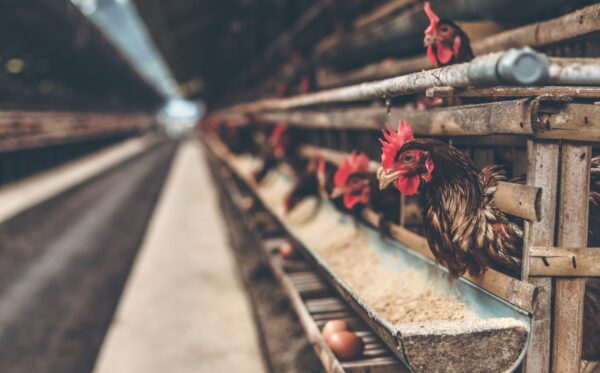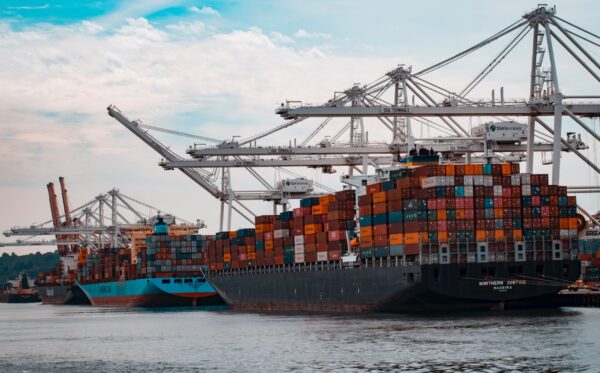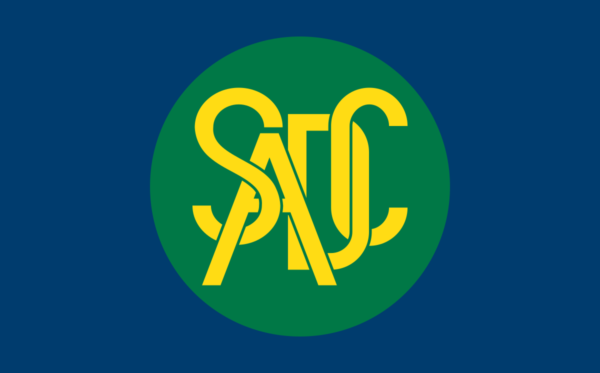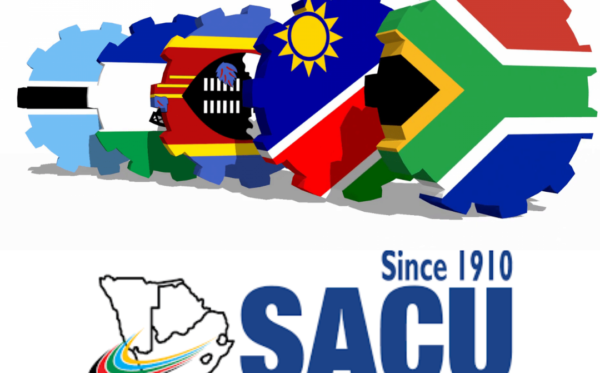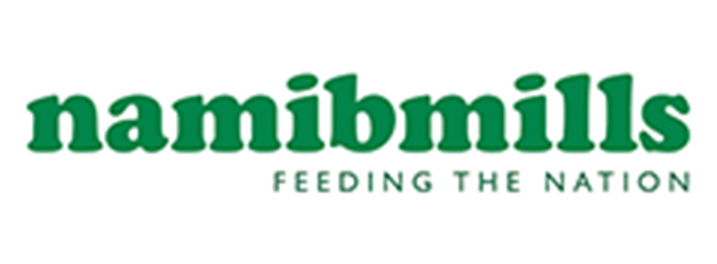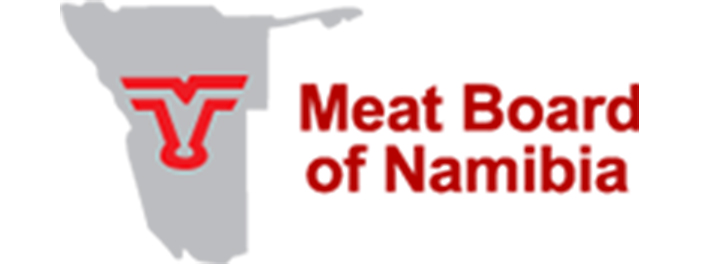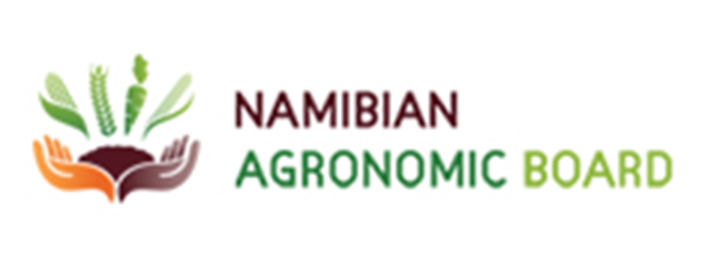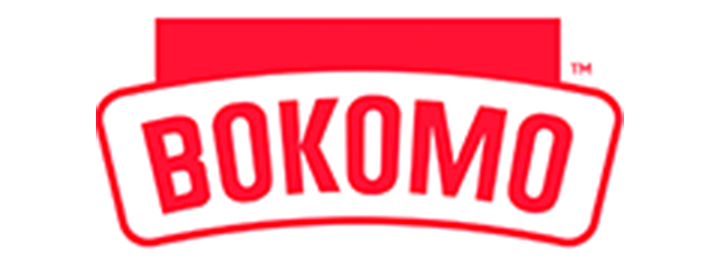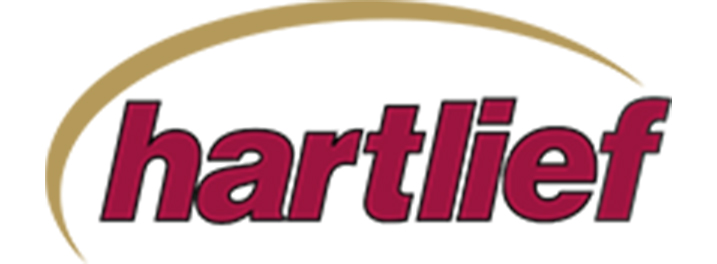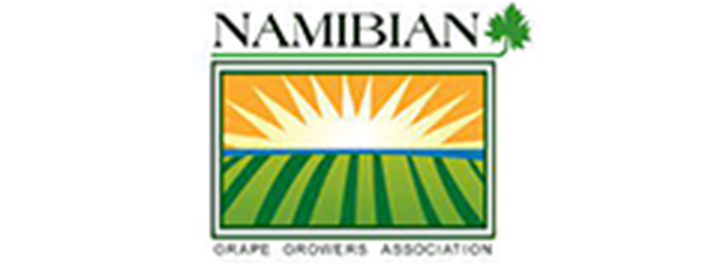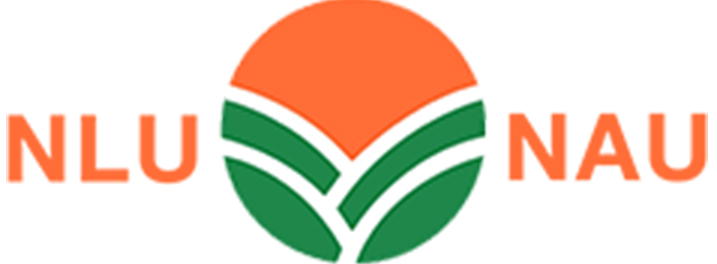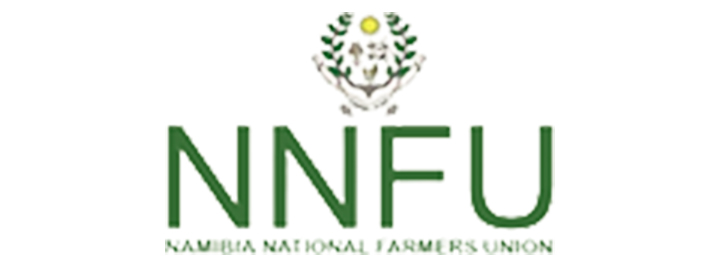
following actions: Constant interaction with its members to formulate
inputs and comments into trade agreement negotiation...

or person involved in the agriculture sector of Namibia who pays the
annual membership fee. Members are eligible to vote at the ATF...
Namibia’s Agricultural Trade Overview
Agriculture remains critical to Namibia’s trade development agenda. The sector directly and indirectly supports 70% of the population while contributing 8% (2021) to GDP and employing 26% of the labour force (NSA, 2016 labour force).
Namibia is a net exporter of beef and live animals on hoof. Beef export markets for beef include Norway under the SACU-EFTA, European Union (EU) under SADC-EPA, South Africa and other African markets such as Angola, Zambia, DRC Congo and of recent Ghana.
The crop sector remains a net importer of grains and horticulture. White maize, wheat and pearl millet are the main grains consumed and domestic production is at 34% of national consumption estimated at 322 019 tonnage per annum. White maize makes up 56%, wheat 43% and pearl millet 1% of national demand. National demand of horticulture stands at 89 082 tonnage and domestic production contributes 35% to national demand.
The post-harvest loesses at farm level is estimated at 24%.
Namibia’s international trade landscape is driven by the agriculture sector with commodies such as beef and high value crops such as grapes, dates, blueberries making up Namibia’s agro export basket.
Agriculture Economic Indicators
GDP Contribution
GDP Contribution
Employment Contribution
Employment Contribution
Top Export
Top Export
Top Import
Top Import
Namibia’s top ten traded agricultural products
Overview of Namibia’s top traded agricultural products for 2021
| Exported product | Value (N$) | Imported product | Value (N$) | |
|---|---|---|---|---|
| Fresh grapes | 956,207,482 | Other seed of wheat and meslin | 683,694,990 | |
| Other live cattle | 858,871,415 | Frozen cuts and offal of chicken | 601,889,792 | |
| Frozen cuts & offal of chicken | 481,998,771 | Other Maize (excl. seed) | 598,734,548 | |
| Live sheep | 336,646,423 | Frozen whole chickens | 371,300,481 | |
| Frozen whole chickens | 244,589,964 | Other potatoes, fresh or chilled | 132,542,472 | |
| Fresh or chilled boneless bovine meat | 200,898,677 | Other frozen swine meat, nes | 84,894,608 | |
| Frozen boneless bovine meat | 194,374,390 | Semi-milled or wholly milled rice | 84,393,734 | |
| Live Cattle Pure-bred breeding animals | 184,444,821 | Broken rice | 83,642,831 | |
| Live goats | 89,045,291 | Oranges, fresh or dried | 39,231,876 | |
| Dates, fresh or dried | 73,878,227 | Rice in the husk (paddy or rough) | 38,940,415 | |
| Total | 3,620,955,461 | Total | 2,719,265,746 |
International Trade Agreements
Namibia has been a member of the World Trade Organisation (WTO) since 1 January 1995. Namibia belongs to the Southern African Customs Union (SACU) which is the oldest customs union in the world.
Southern African Customs Union (SACU) 2002 Agreement consists of 5 members; Botswana, Eswatini, Lesotho, Namibia and South Africa. SACU is Namibia's largest trading bloc with 90% of trade between South Africa. SACU key features are: Common External Tariff, Single customs territory and a Common negotiating mechanism of international trade agreeements with 3rd parties.
The SADC - EU EPA came into effect in October 2016. Current members of this partnership is SACU members plus Mozambique. Namibia's top exports to the EU include Minerals, Fisheries, Grapes, Boneless beef, Charcoal. The agreement is currently under review and this process is anticipated to take 2 to 3 years.
SACU and the European Free Trade Association (EFTA) States of Iceland, Liechtenstein, Norway and Switzerland signed the Free Trade Agreement on 26 June 2006. The Agreement entered into force on 1 May 2008.
The Agreement covers trade in goods and makes provision for further engagement on issues related to intellectual property, investment, trade in services and public procurement. The Agreement further establishes a Joint Committee for administering the Agreement and to address the review of the Agreement.
With respect to agriculture, the Agreement provides for concessions on processed agricultural products. Trade in processed agricultural products is covered in an Annex to the main Agreement (Annex III). However, trade in basic agricultural products is covered by separate bilateral agreements between SACU and Norway, Iceland and Switzerland.
EFTA - SACU Free Trade Agreement
The objectives of this Agreement are to:
- achieve the liberalisation of trade in goods in conformity with the General Agreement on Tariffs and Trade (hereinafter referred to as “the GATT 1994”);
- substantially increase investment opportunities in the free trade area;
- promote adequate and effective protection of intellectual property rights;
- establish a framework for the further development of their trade and economic relations with a view to expanding and enhancing the benefits of this Agreement; and
- contribute in this way to the harmonious development and expansion of world trade by the removal of barriers to trade.
Namibia's main export market to EFTA countries is Norway. Under the Agricultural bilateral protocol, Namibia and Botswana shares on a 50/50 basis 500 tonnage of boneless beef export. Norway also extend under the GSP framework 2700 tonnage of beef to Namibia & Botswana, again shared on a 50/50 basis. Current exporters of beef to Norway are Meat Corporation of Namibia (MeatCo) and BeefCor Namibia.
The SACU-EFTA agreement is currently under review.
Post-Brexit, Namibia now trades with the United Kingdom under the SACU-Mozambique-UK EPA which entered into force 1 January 2021.
Namibia's top exports include beef, fish & grapes
The Tripartite Free Trade Agreement (TFTA) is a proposed agreement between the member states of COMESA, the EAC and SADC. The negotiations were launched in October 2008 and still ongoing.
The AfCFTA is a flagship project of the African union (AU) with the main objective to boost intra-africa trade currently measured at around 17%. AfCFTA entered into force on 1 January 2021. Member states are expected to implement a 10 years tariff phase down. In light of this, it is expected that by 2025, the agreement will provide duty free to 90% of tariff lines.
SACU and the Latin American countries of MERCOSUR, signed a Preferential Trade Agreement in December 2004. MERCOSUR consists of Brazil, Argentina, Uruguay and Paraguay.
The Agreement is limited in scope in that it only contains fixed preferences on around 1000 products contained in Annexes I and II. This was as a first step towards establishing a free trade area between SACU and MERCOSUR. The Agreement has not entered into force yet as some of the member states are yet to ratify the Agreement.
The African Growth and Opportunity Act (AGOA) is a United States Trade Act, enacted on 18 May 2000 as Public Law 106 of the 200th Congress. AGOA non-reciprocal and has since been renewed to 2025. The objective is to enhance market access to the US for qualifying Sub-Saharan African (SSA) countries. Qualification for AGOA preferences is based on a set of conditions contained in the AGOA legislation.
The Ministry of Industrialization & Trade (MIT) launched the AGOA implementation strategy in 2021.
Potential export products for Namibia includes: Beef, Textile, Leather products, Indigenous oil based Cosmetics products.
Negotiations to conclude the SACU India Preferential Trade Agreement (PTA) have been slow.
What ATF work means to the members
ATF prides itself in the value it delivers to its members.

Leonie Prinsloo

Paul Strydom

Ian Collard







